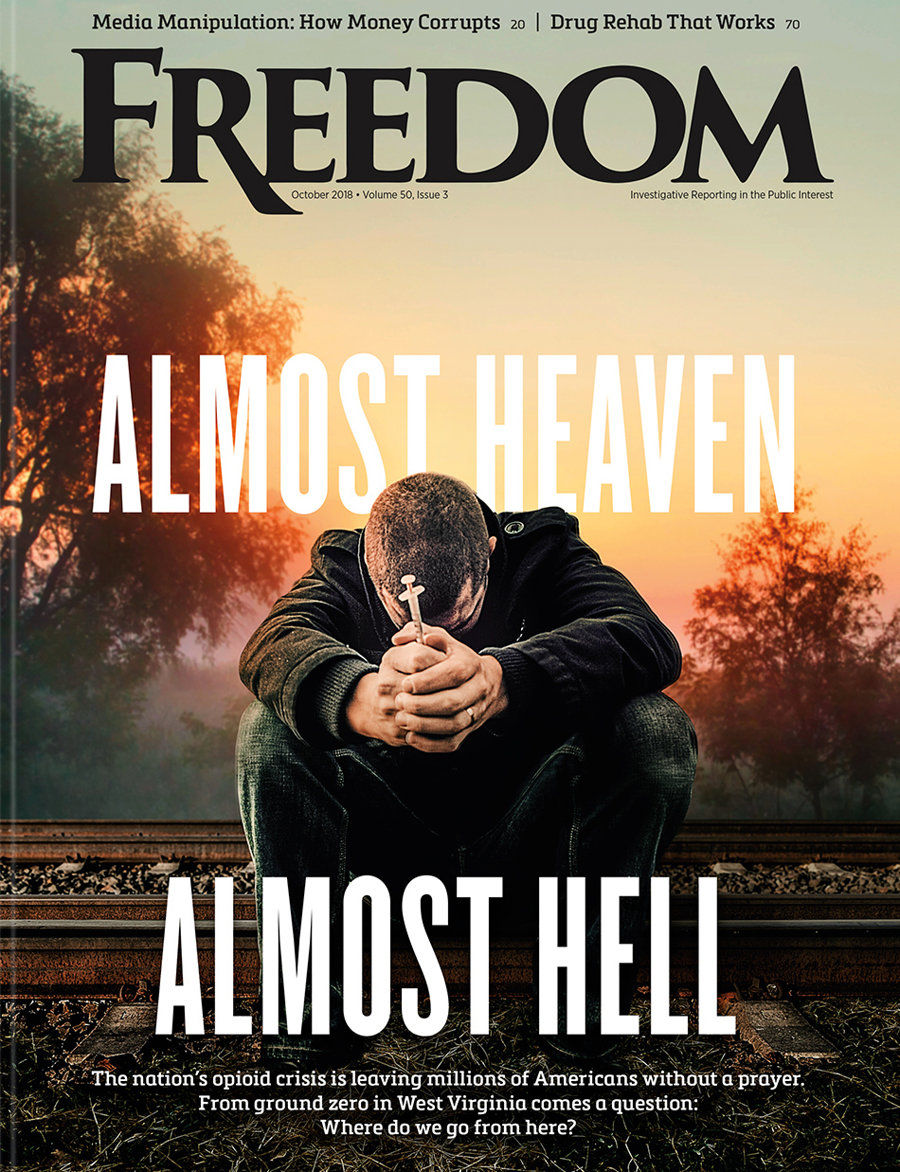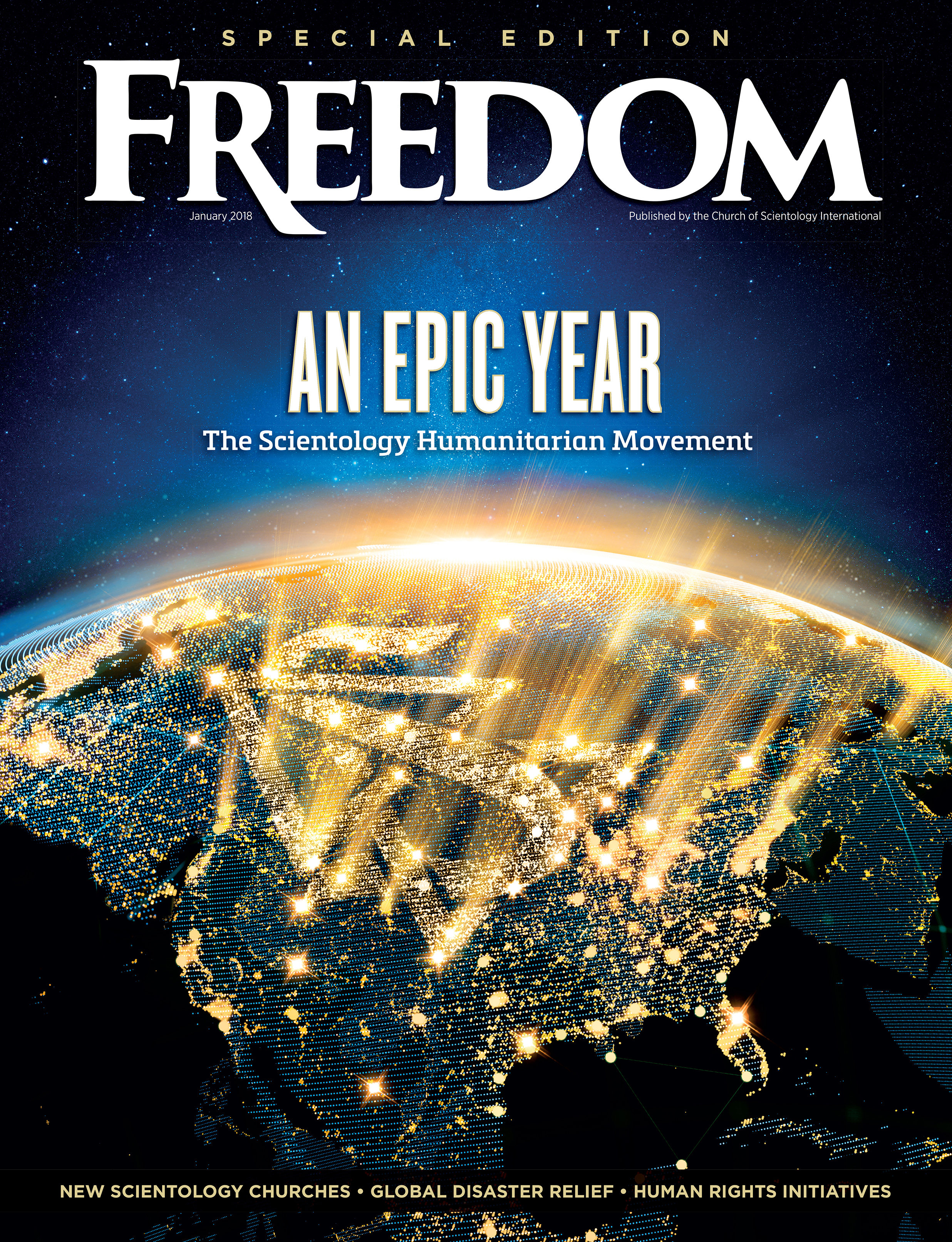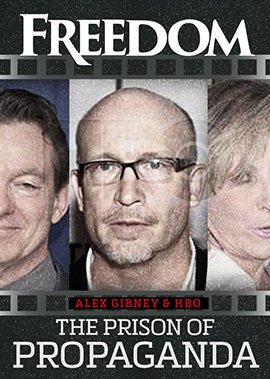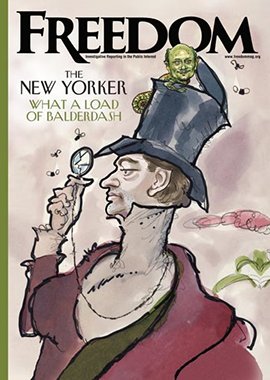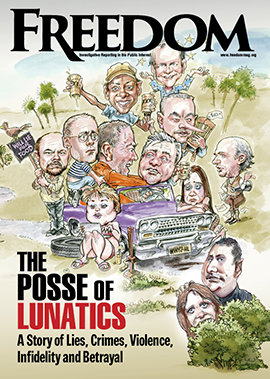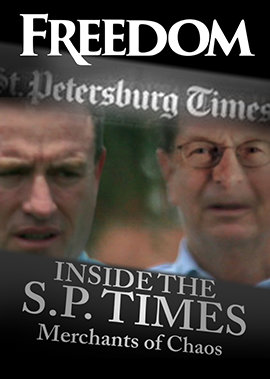“Let the people know the truth, and the country is safe.” —Abraham Lincoln
In addition to strengthening FOIA, the new Arkansas Government Disclosure Act would also thwart attempts by state officials—from the governor on down—to water down the state’s Sunshine Law, which requires that all meetings of government bodies be open to the public.
If approved by voters, the measure would create a commission to help citizens request government records and penalize agencies that fail to comply with those requests. The new measure also defines a “public meeting” for the first time. Shockingly, up until now, no one knew what exactly a “public meeting” was. That vagueness allowed lawmakers, school board members and other public servants to meet in secret, and even evolve policies and protocols under the table without apprising the public.
Speaking of “secret,” “private,” “closed” meetings, a recently passed state law did indeed permit school boards to meet in private “executive sessions” to discuss legal matters. The new law would repeal that provision.
Under the new definition, even a discussion between a government employee and an elected official about how to gauge public opinion on an issue would qualify as a public meeting and therefore be subject to the transparency required by the FOIA. Moreover, any official body planning a private meeting must first show why the meeting should be closed to the public in the first place. The initiative sets a three-day deadline for a government body to disclose requested public records or provide a reason for nondisclosure.
Griffin also certified a second ballot wording for a proposed amendment to the state constitution, soldering freedom of information into the legal fabric of the state and making government transparency a guaranteed right for all Arkansans. On July 5, Arkansas Citizens for Transparency, the sponsor of both measures, told the Arkansas Times that the group fell “just short” of the number of signatures needed to make the ballot. They vowed to try again in 2026.
“Democracy depends exclusively on the informedness of the individual citizen.”
—L. Ron Hubbard
Enacted in 1967, the Freedom of Information Act allows anyone to access records and data from any government body. Since the Act’s inception, the Church of Scientology has fought in the courts and through public education initiatives to protect and advance FOIA—establishing precedents that have since become the bedrock of government accountability, including requiring the government to bear the burden of proof for withholding documents and to specify any documents being withheld. As early as 1976, the Church published and distributed A Citizen’s Guide to the FOIA to share its acquired expertise in guaranteeing government transparency.
Quinlan J. Shea Jr., Director of the US Justice Department’s Office of Privacy and Information Appeals under Presidents Ford and Carter, credited the Church of Scientology, along with the American Civil Liberties Union and the Society of Professional Journalists, with having “endeavored to shine more light on government.”
In the words of Scientology Founder L. Ron Hubbard, “Democracy depends exclusively on the informedness of the individual citizen.”






